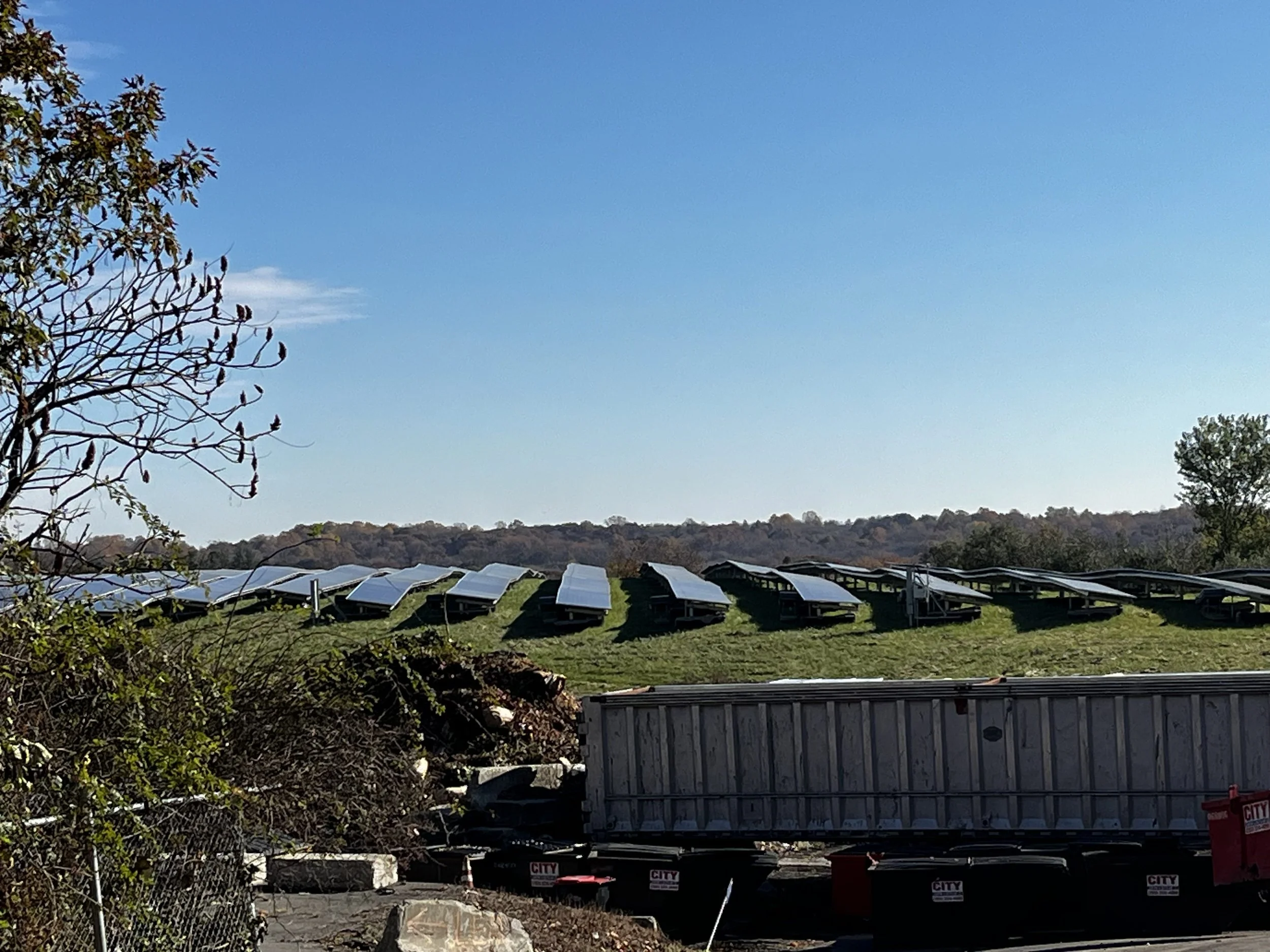Energy Efficiency in Buildings
Energy Efficiency in buildings is a keystone of sustainable development, encompassing a range of practices and technologies that optimize energy consumption. From improved insulation and high efficiency HVAC systems to the integration of smart technologies, like programmable thermostats and energy efficient lighting, the goal is to minimize energy waste while maintaining or enhancing occupant’s comfort. (U.S. Department of Energy). Reduced energy consumption in buildings is an important strategy for mitigating climate change, as it directly correlates with lower greenhouse gas emissions. Beyond environmental benefits, energy efficiency in buildings yields tangible advantages, including reduced utility bills and operating costs for both owners and occupants. Renewable heating systems contribute to combating climate change, improving air quality, and enhancing energy security. The shift towards electrification enables the integration of renewable energy sources into heating systems, aligning with global efforts to transition to clean energy.
Connecticut’s commitment to addressing environmental challenges goes beyond regulatory frameworks. The state’s ongoing efforts, as outlined in the Conservation and Load Management (C&LM) Plan and Comprehensive Energy Strategy (CES), emphasize the importance of transitioning to sustainable energy sources to mitigate climate change impacts. (CT DEEP, 2023). The incorporation of Energy Conservation. Code ensures that new construction with strict building standards, promoting energy efficiency and reducing the overall carbon footprint (CT DEEP, 2023).
Goal: Ensure energy efficiency and sustainability through building codes and regulations
Require building owners to annually benchmark and disclose their energy usage and efficiency ratings.
Support climate friendly land use.
Goal: Renewable heating access for low-income homes
Integrate solar heating systems into community initiatives and reduce overall energy costs and reduce barriers to solar uptake.
Goal: Energy efficient building materials and retrofits
Establish a city-wide retrofit program focused on low-income residents and municipal buildings, providing grants and low-interest loans to property owners for energy-efficient upgrades and heat pump installations.
Set up outreach programs at the regional or local level that target LMI households for heat pump installations and energy efficiency upgrades.
The goals and strategies listed above only represent priority items for implementation. For a full list of goals and strategies, please refer to the appendix. For a full description of the strategies above, including background and a benefits analysis, please refer to the full PCAP document.


